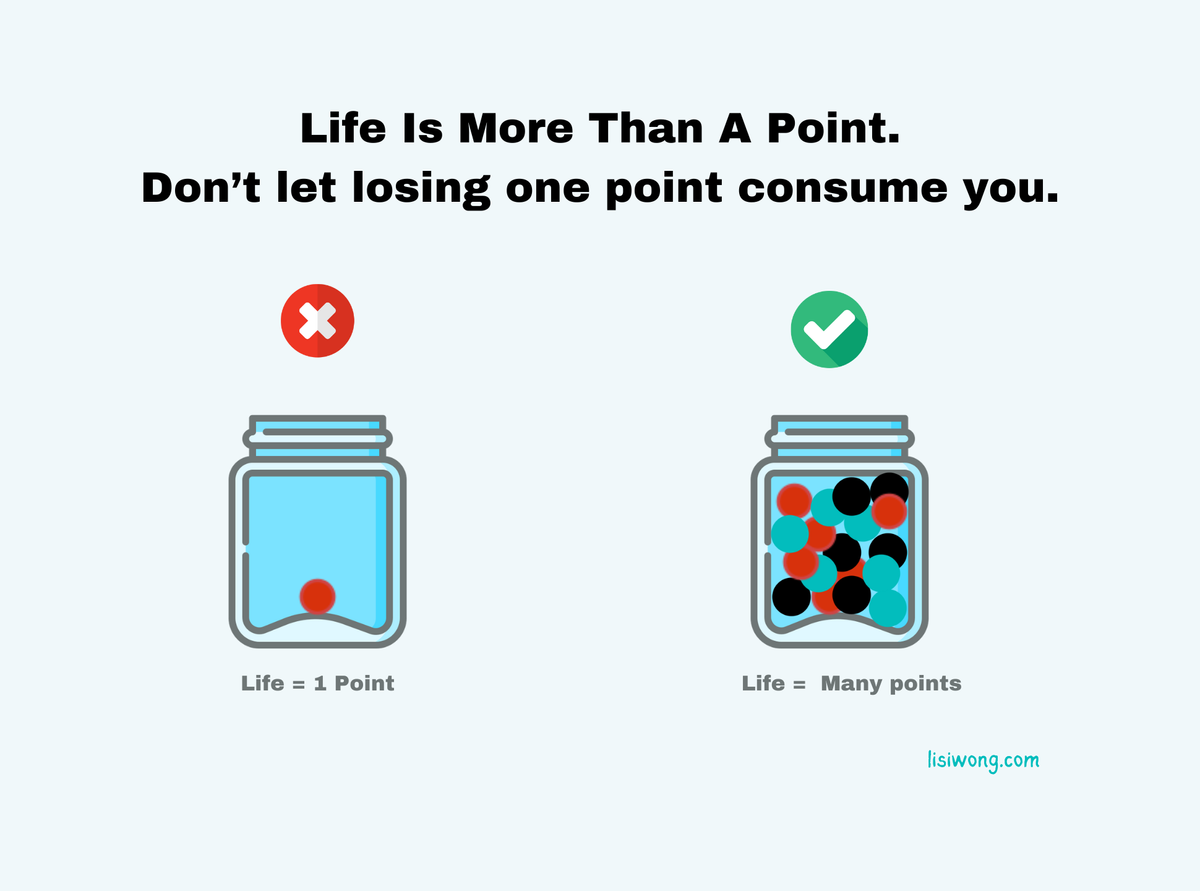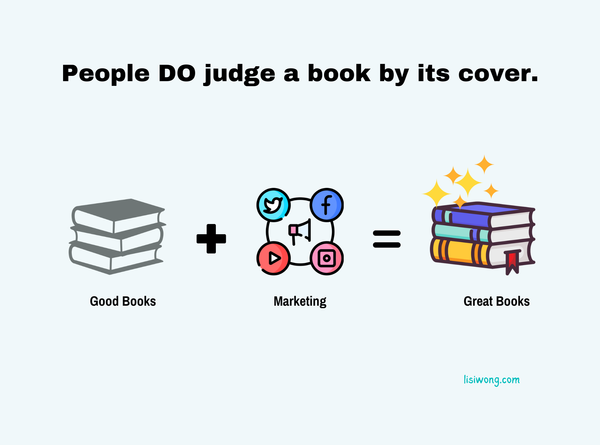Life Is More than A Point
You can't win every point in any aspect of life - be it sports, business or investment. Look forward, not backward.

There's a video of Roger Federer's speech at the 2024 graduating class at Dartmouth University..... that is making its round in the LinkedIn news feed. He shared some valuable life lessons from tennis.
Here's a snippet of what he said that might resonate with you,
" In tennis, perfection is impossible.
In 1,526 matches played in my career, I won almost 80% of those matches. Now, I have a question for you. What percentage of points do you think I won in those matches?
Only 54%. Even top-ranked players win barely more than half of the points in their winning matches.
When you lose every second point on average, you learnt not to dwell on it. If I miss a shot, it's only a point. Even if I hit an overhead that ends up out and it showed up on ESPN top 10 playlist. That too is just a point.
The truth is in whatever game you play in life, you are going to lose at some point, in a season, in a job or in sports.. It's a rollercoaster. And you will doubt yourself. It's natural to feel sorry for yourself.
But don't let that consume you.
Because negative energy is wasted energy. You want to be a master in overcoming hard moments.
This is a true sign of a champion. "
A snippet of Roger Federer's speech at the commencement address at Dartmouth on 9 June 2024
We Are Our Worst Critic
The real truth of what Roger Federer is saying that even if you work harder than you ever imagined, you can still end up losing.
Experiencing loss is an inherent part of life.
The greatest defining points in life is not how you have won but how you have overcome those moments of loss and more importantly, the shame that comes with the loss.
The trick is to never shy from these moments of loss, shame and failure but also never let them take you down. This is a pivotal moment when your own internal dialogue is most crucial . The way you talk to yourself in the darkest moments shapes your actions often without you even realising it.
These are the moments that you would have said "I should have done this or say this. How could I have missed that?".
Sounds familiar?
You may have said this to yourself in many aspects of life - in school, in sports, in a debate, at work or with your partner. Over time and again.
In a nutshell, when you keep asking yourself why you're not good enough and constantly put yourself down, your brains start to recognise and form a pattern; a belief that you truly aren't good enough. If you do this often enough, the accumulation of negative patterns becomes your reality; just like how fake news can start to seem true if it's repeated enough times.
So what should you do?
"The chief trick to making good mistakes is not to hide them—especially not from yourself. Instead of turning away in denial when you make a mistake, you should become a connoisseur of your own mistakes, turning them over in your mind as if they were works of art, which in a way they are. The fundamental reaction to any mistake ought to be this: “Well, I won’t do that again!”" - Shane Parish in this article about critical thinking
Indeed, you should become a connoisseur of your own mistakes, examining them with the same care you'd give a piece of art. And art is never perfect and neither is life.
So don't ever continuously fuel yourself with these self-doubts.
Lost a point? Toss it in your mind to find the gems and then move on. It's after all one point out of the many points in life.
A quote I have been pondering on:
If you had enjoyed this post, you may want to sign up for my newsletter. No spam, only nuggets of signals and wisdoms that occasionally delight your inbox and help you cut through a noisy world.




